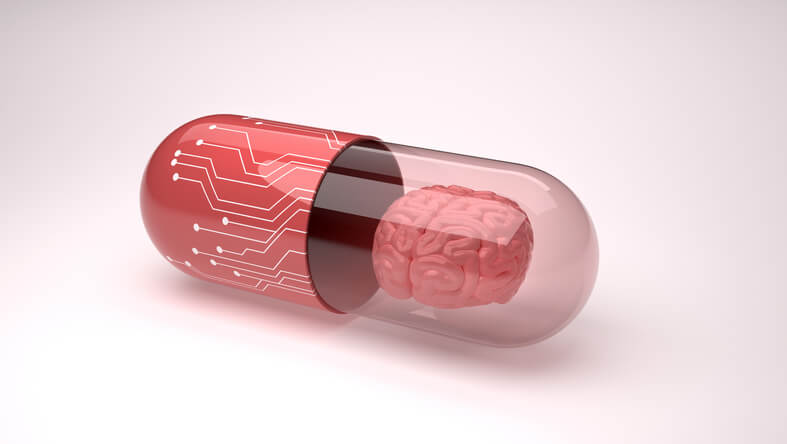Google uses Deep Learning for automating drug discovery process
Google Brain Team has come up with a deep learning algorithm that would help in the identification of protein molecules.
It was announced recently that the members of the Google Brain team had come up with a novel computer vision system for the identification of the protein molecules, performing at an accuracy of 94 percent. Crystallization of protein helps determine the shapes of cells and hence can be used in drug discovery processes in order to treat several illnesses.
The deep learning based system has the potential to ease up drug discovery by facilitating the speedy mapping of structures of cells.
Protein crystallization is a vital step in biomedical researches that are associated with discovering the shape of complex protein molecules. Since the structure of a bio-molecule is integral to determining its function, it is used by scientists to design modern drugs that cater to that specific function.
On an average, more than a hundred different experiments are required to be carried out for each protein.
Although the setup and imaging parts of the process are automated, the identification of the individual proteins are performed through careful visual inspection and are thus susceptible to human error.
Essentially, misidentification can result in a loss of opportunity for integral biomedical discoveries.
Along with Machine Recognition of Crystallization Outcomes (MARCO), this system was crafted in order to train the AI model. The principal scientist Vincent Vanhoucke discussed how several recent architectures of deep convolutional networks were implemented and customized in order to achieve an astounding accuracy of 94 percent on the identification of protein crystals. He also mentioned that in order to encourage further research, all the data has been made freely accessible.
The model that was developed is made open source as a part of the TensorFlow model repository.
MARCO is more focused on pooling in and hosting a large repo of curated crystallography images. This is a joint initiative among several top pharmaceutical companies and academia. The collaboration with Google helped the system embrace the concept of application of deep learning to the problem.
The results are made available to everyone all over the globe on GitHub. They are also presented in a paper that was published in PLOS One, titled, “Classification of Crystallization Outcomes using Deep Convolutional Neural Networks”.
This news comes in the heels of several others where tech firms and start-ups are increasingly investing in the healthcare domain, especially in finding and providing imaging services. Just last month, the Baidu Research announced the development of an algorithm that could accurately identify breast cancer cells. A trend has been observed that AI has proven to be accurate in the detection of cancer.
Google Brain team has been actively involved in the implementation of deep learning to the healthcare space. It had recently demonstrated a computer vision model that could detect diabetic retinopathy.
Deep learning is a subfield of machine learning that is concerned with the emulation of the learning approach that human beings employ in order to solve a problem. At a basic level, it can be viewed as a way to automate predictive analysis.
Image credit: www.istockphoto.com

















